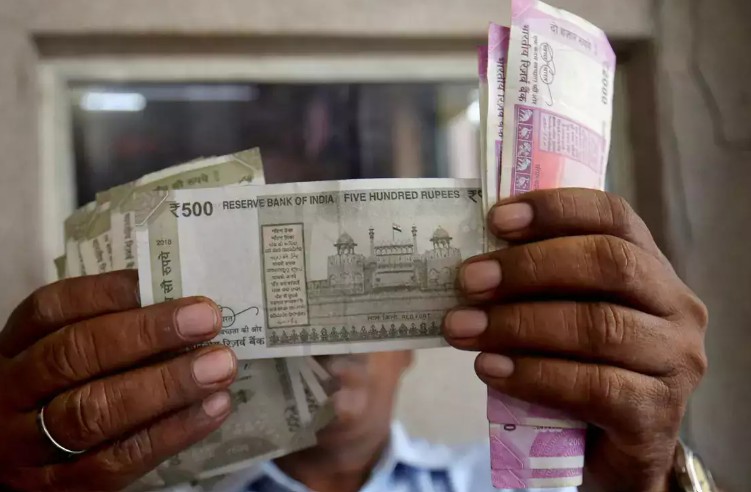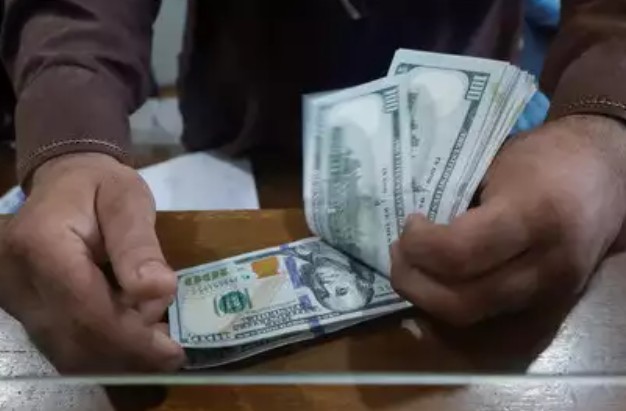A major financial scandal has come to light involving a well-known pharmaceutical company, shaking the trust of consumers, investors, and industry insiders alike. According to recent reports, a case has been registered against seven employees of the company, who are accused of being involved in a massive scam amounting to crores of rupees. The revelation has not only raised serious questions about internal corporate governance and regulatory oversight but has also triggered widespread public and media attention.
The alleged scam came to the fore after the company’s internal audit team identified significant financial discrepancies during a routine review of accounting records and inventory management. It was soon discovered that large sums of money had been misappropriated over a period of time through a complex web of forged documents, manipulated transactions, and ghost suppliers. The figures involved are staggering, indicating deep-rooted corruption and collusion among employees at different levels of the corporate hierarchy.
The seven employees, who now face legal action, were reportedly working in different departments, including finance, procurement, and supply chain management. Preliminary investigations suggest that the group operated in tandem, exploiting loopholes in the company’s internal systems and taking advantage of trust placed in them by the higher management. Their modus operandi included creating fake vendor invoices, inflating purchase orders, and siphoning off funds under the guise of regular business operations.
The case has been formally registered under various sections of the Indian Penal Code, including those related to criminal breach of trust, cheating, forgery, and criminal conspiracy. The police and economic offenses wing are leading the investigation, which is expected to uncover more details in the coming days. Authorities have already begun seizing documents and digital records from the company’s offices, and forensic accounting experts have been roped in to assist with the probe.

Sources close to the investigation reveal that the scam had been ongoing for nearly three years, during which the accused employees managed to transfer funds to multiple personal bank accounts, some of which are now frozen. The fraud came to light only after the internal team noticed irregularities in stock entries and vendor payments that could not be reconciled with legitimate business records.
The pharmaceutical company in question is a reputed name in the sector, known for its range of generic medicines and over-the-counter health products. It has a significant presence across India and several international markets. Following the exposure of the scam, the company issued a public statement expressing its commitment to full cooperation with the authorities. It also assured stakeholders that strict internal disciplinary actions would be taken and that measures were being implemented to tighten oversight mechanisms.
Meanwhile, the incident has had a chilling effect on the company’s reputation and stock performance. Investors have reacted with concern, and the share value of the company has witnessed a noticeable decline in recent days. Industry experts believe that such a scandal could have long-term implications on public trust and investor sentiment, especially in a sensitive sector like pharmaceuticals, where ethics and safety are paramount.
The development has also drawn the attention of regulatory bodies such as the Drug Controller General of India (DCGI) and the Securities and Exchange Board of India (SEBI), which are likely to conduct their own independent reviews. Legal analysts believe that if the case results in convictions, it could set a strong precedent for corporate accountability in India.
Public reactions have been strong, with many questioning how such a large-scale fraud could go unnoticed for so long in a regulated industry. Consumer rights groups have demanded greater transparency from pharma companies and called on the government to enforce stricter compliance and whistleblower protections. There is also growing demand for a sector-wide audit of financial and operational practices to prevent similar incidents in the future.
At the employee level, there is a palpable sense of betrayal and unease. Many workers who had no involvement in the wrongdoing have expressed frustration and concern over the impact the scandal might have on their jobs and the company’s future. Senior management is reportedly taking steps to reassure employees while also initiating a comprehensive review of HR and procurement policies.
Legal proceedings have already begun, with the accused employees being taken into custody for questioning. Their legal representatives have requested bail, but the investigating agencies are opposing it, citing the seriousness of the charges and the possibility of evidence tampering. It remains to be seen how the case unfolds in court, but the preliminary evidence suggests a well-orchestrated operation that could lead to lengthy trials and potential convictions.
In the larger context, the incident serves as a stark reminder of the need for ethical conduct and vigilant oversight in corporate India. While most companies operate with integrity, cases like this expose the cracks that can exist even within reputed organizations. For the pharmaceutical sector, which is crucial to public health and economic development, such breaches of trust can have wide-reaching consequences.
In conclusion, the case involving the famous pharmaceutical company and its seven employees accused of a multi-crore scam has sent shockwaves across the corporate and public landscape. As investigations progress, the spotlight will remain on corporate governance, regulatory vigilance, and the legal process. While the company works to regain its footing and repair its reputation, the episode stands as a cautionary tale about the consequences of unchecked power and the importance of transparency and accountability in modern business practices.


